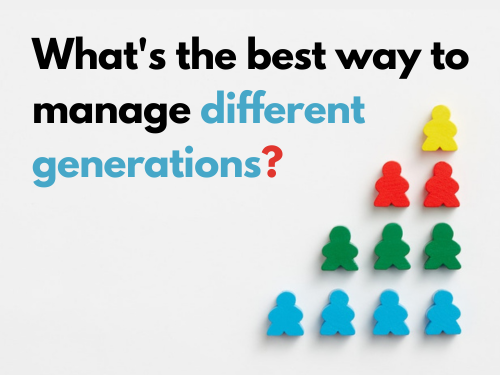So you’ve taken the Attuned Intrinsic Motivation Assessment and are now the proud owner of a shiny new Motivator Report. Awesome!
But what happens if you disagree with part of your Report?
What if, for example, you are someone who loves to try new things and new approaches but your Innovation score is in the ‘Neutral’ zone? Or you don’t think of yourself as a person who needs a lot of guidance, and yet your Feedback score is firmly in ‘Need to have’ territory?
Does that mean that Attuned has got it wrong?
Well, not necessarily.
There are a number of reasons why your Motivator Report may not immediately resonate as an accurate picture of your underlying values—and often this apparent disconnect can be the first step on a pathway to greater self-awareness.
So before you chalk a surprising Motivator Report up as being unrepresentative of who you are, it’s worth considering whether the following factors may be at play.








